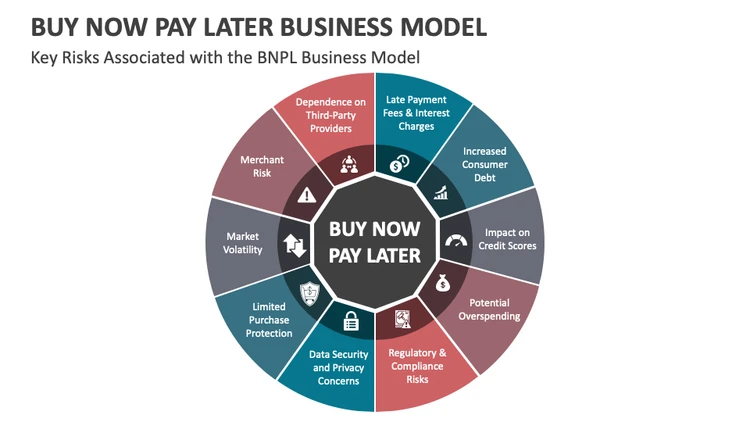Its important for consumers to abide by best practices to protect themselves against these
-
Scammers are exploiting confusion around the government shutdown with fake calls and texts impersonating agencies like the IRS and Social Security Administration.
-
TNS expert John Haraburda warns of rising AI-driven , including fake political town halls and fraudulent fundraising campaigns.
-
Consumers should stay alert, verify information through official sources, and report suspicious messages to the FTC or their State Attorney General.
With the government shutdown officially taking effect, many Americans are understandably confused about what it means for their Social Security checks, Medicare benefits, or tax refunds.
Unfortunately, scammers are wasting no time taking advantage of that uncertainty. Across the country, people are getting realistic-sounding calls and texts claiming to be from government agencies like the IRS or Social Security Administration often warning of service interruptions or asking people to verify personal information.
To help consumers avoid these , ConsumerAffairs spoke with John Haraburda, a robocall scam expert with Transaction Network Services (TNS). He explained that the volume of these impersonation attempts is rising fast, and AI-driven sound more convincing than ever.
Haraburda breaks down what these look like, why shutdown news has become their perfect cover, and what steps consumers can take right now to protect themselves.
The biggest risks
According to Harabuda, there are two main types of scam risks related to the government shutdown: election fraud threat and fundraising .
Bad actors impersonate members of Congress and host fake virtual town halls with fraudulent donation requests designed to capture personal or financial information, Harabuda said.
Weve also seen an increase in fundraising claiming to support government organizations impacted by the shutdown and allegedly lacking funds.
Where you are may play a role
While these are popping up nationwide, Harabuda says that consumers in some areas may be more susceptible than others.
There has been a noticeable uptick in spam traffic in Washington, D.C., he explained. In general, cities with federal offices or military bases have been targeted by fraudsters throughout the shutdown.
How to protect yourself from these
Harabuda shared the top four tips for consumers to protect themselves from getting caught up in one of these :
-
Do not click on unknown links: These spam attacks often prompt users to donate, directing them to malicious websites that request bank account details, credit card numbers, or other sensitive personal information. Never share personal or financial details through unverified links.
-
Verify with official sources: Before clicking on suspicious links, confirm the legitimacy of any political or charitable cause through official websites or trusted organizations.
-
Look for red flags: Even convincing robocalls and robotexts may contain small errors such as misspelled names, incorrect organization titles, or unofficial web addresses.
-
Report and block: Block any number that sends a suspicious call or text, and report the scam to the FTC or your State Attorney General.
If Americans find themselves caught in one of these government shutdown , they should hang up immediately, report the number to their State Attorney General, and block it from their phone, Harabuda said.
Posted: 2025-10-16 15:06:15

















